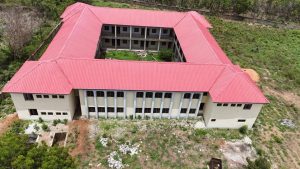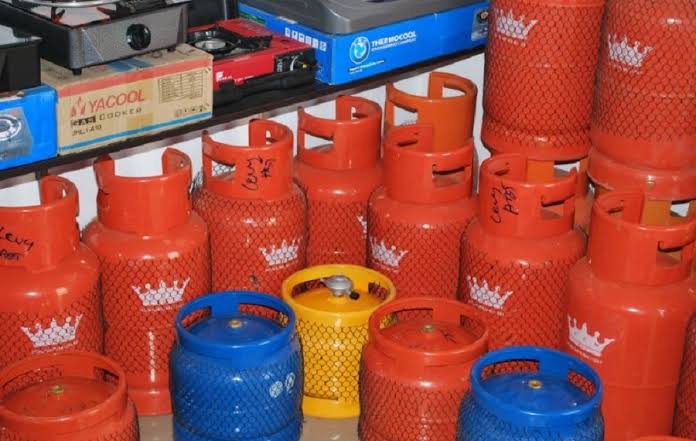A steep 70% surge in the price of cooking gas has left many Nigerians frustrated and struggling to make ends meet. For years, cooking gas has been promoted as a cleaner and more efficient alternative to traditional methods like firewood and charcoal. However, the recent hike has forced many households to revert to these older, more environmentally harmful practices.
Data from the National Bureau of Statistics (NBS) shows that the price for refilling a 12.5kg cylinder of liquefied petroleum gas (LPG) jumped to N15,552.56 in August 2024, up from N9,194.41 in the same period last year, marking a 69.15% increase.
For Lagos-based web developer Abiodun Adeleke, the price rise has been a shock. Expressing his frustration on X (formerly Twitter), he wrote, “12.5kg cooking gas is now N19,000. Just months ago, it was N9,000. That’s a 100 percent hike in less than a year. How are people surviving this economy?”
The effects of the price hike are not limited to households. Small businesses, particularly caterers and food vendors who rely heavily on gas for cooking, are finding it hard to cope with the increased costs.
Mary Olabuson, a caterer in Ibeju-Lekki, recounted how she had to decline a job due to rising expenses. “I had a client call me for a job, but after calculating the cost, gas alone took up a huge chunk of the budget. In the end, I had to turn down the offer because the client couldn’t afford my revised rate.”
Similarly, Mohammed Ahmed, a street vendor selling fried yam, has been forced to reduce portions and raise prices. “I had to cut down the portions of yam I fry, and I raised the price of my fried chicken. My customers are upset, but gas prices are out of control,” he said.
Despite the federal government’s removal of Value Added Tax (VAT) on cooking gas since October 2023, the price continues to climb. Experts attribute the price hike to several factors, including foreign exchange volatility, rising international prices, and the devaluation of the naira.
Olatunbosun Oladapo, president of the Nigerian Association of Liquefied Petroleum Gas Marketers, explained the situation: “Rising international prices, high tax rates, and vessel costs, combined with forex scarcity and naira devaluation, are some of the reasons for the current increase. Nigerian consumers are passing through very difficult times because they can no longer afford gas.”
Despite Nigeria having around 209 trillion cubic feet of natural gas reserves, the country struggles to harness this resource due to underinvestment in the sector.
Further analysis of the NBS data shows that the South-South region recorded the highest average price for refilling a 12.5kg cylinder of cooking gas at N16,524.00, followed by the South-East at N16,495.78. The North-Central region recorded the lowest price at N14,767.41.
The price increase also affected smaller cylinders, with the average price for refilling a 5kg cylinder rising by 7.62% month-on-month, from N5,974.55 in July 2024 to N6,430.02 in August 2024. On a year-on-year basis, this marks a 56.25% rise from N4,115.32 in August 2023.
States like Benue and Sokoto recorded the highest prices for refilling a 5kg cylinder, with costs reaching N7,000. Rivers followed closely with N6,954.55, while Taraba recorded the lowest price at N5,600.67.
The South-East region also saw the highest average price for refilling a 5kg cylinder at N6,585.18, followed by the South-South at N6,451.34, with the North-Central recording the lowest price at N6,344.29.
This price surge comes as Nigeria’s inflation rate continues to rise. Although inflation dipped slightly to 32.15% in August 2024, down from 33.40% in July, it remains at historically high levels, exacerbating the hardships faced by Nigerian households.













